Ask Beth: How Can A Compliance Officer Make a Sustainable Impact Preventing Insider Trading?
A first step towards preventing insider trading is managing non-public material information. Compliance officers that don’t stop there and also test the technology behind related regulatory reporting and surveillance and train employees to combat Fudge-Factor Thinking can bring more sustainable value.
On Sept. 13, 2018, the Securities and Exchange Commission (SEC) announced that Cowen Execution Services LLC (formerly Conergex Execution Solutions LLC) will pay $2.75 million to settle charges that the broker-dealer firm provided the SEC with incomplete and deficient securities trading information known as “blue sheet data” because of coding errors. Blue sheet data is used by the regulators to detect illegal trading practices and firms can use the same data analytics for their own trading surveillance programs. The technology is powerful. As the Cowen case shows, so are coding errors that go undetected.
The coding errors occurred over a period of nearly four years which caused, according to the SEC, approximately 29 percent of Cowen’s submissions to contain deficient customer identifying information and other errors involved trade details. Although the firm was previously sanctioned in March 2012 for deficient blue sheet submissions, the order found that the firm did not take reasonable steps to ensure that its blue sheet submissions to the SEC were accurate and it failed to identify the deficiencies during this period.
As the fourth quarter approaches, compliance officers should consider not just completing an annual review of policies, but also testing core technology such as trading reporting, regulatory submissions or algorithms within investment software. Compliance has an opportunity to protect the firm and add-value to the business operations by helping find errors before they have a bigger impact.
Just over ten years ago, a young hedge fund manager named Tom Hardin was swept up in a much bigger insider trading scandal that involved the Galleon Group, at the time one of the largest hedge funds in the world with over $7 billion under management.
On the way to pickup his dry-cleaning, Tom was approached by the FBI regarding his own illegal trades. Tom agreed to cooperate as an informant helping the FBI build more insider trading cases including a one against the Galleon Group insiders.
I recently interviewed “Tipper X” Tom Hardin on my podcast. In the interview, he provides insightful tips about how to prevent insider trading. We also discussed the power of using behavioral incentives to drive good business decisions and combat Fudge-Factor Thinking.
Fudge-Factor Thinking, the behavioral economics term that describes when people use common rationalizations to justify unethical behavior, comes into play more significantly than it should. Tom used it when he placed a trade he thought would be fine because there weren’t any real victims and it was the way he thought everyone secured an “edge” trading the capital markets. His training didn’t involve behavioral incentives. He recalls simply being told, “Don’t email anything you don’t want on the cover of the Wall Street Journal”. Today, his advice to others is more pragmatic. He encourages compliance officers to have an open door, be there to answer questions and challenge Fudge-Factor Thinking. His training wasn’t adequate. He didn’t have a mentor. He tells a compelling story any compliance officer who doubts the impact of engaging training or his or her individual contribution should listen to. For more information, you can listen to my podcast here.

